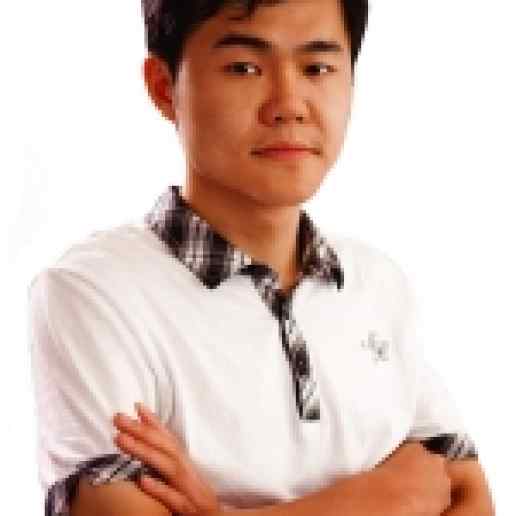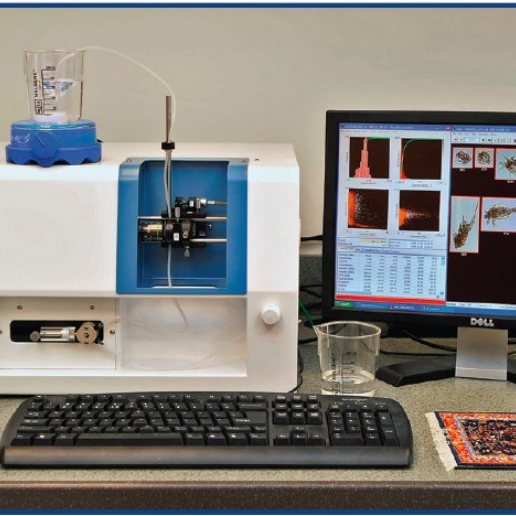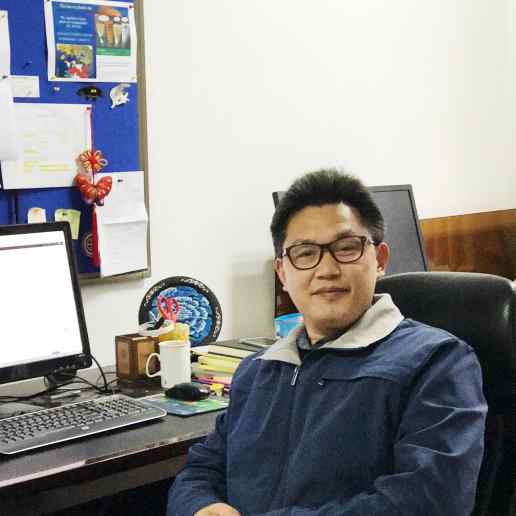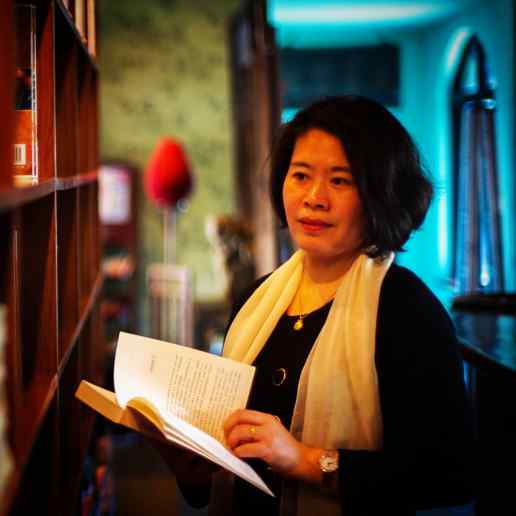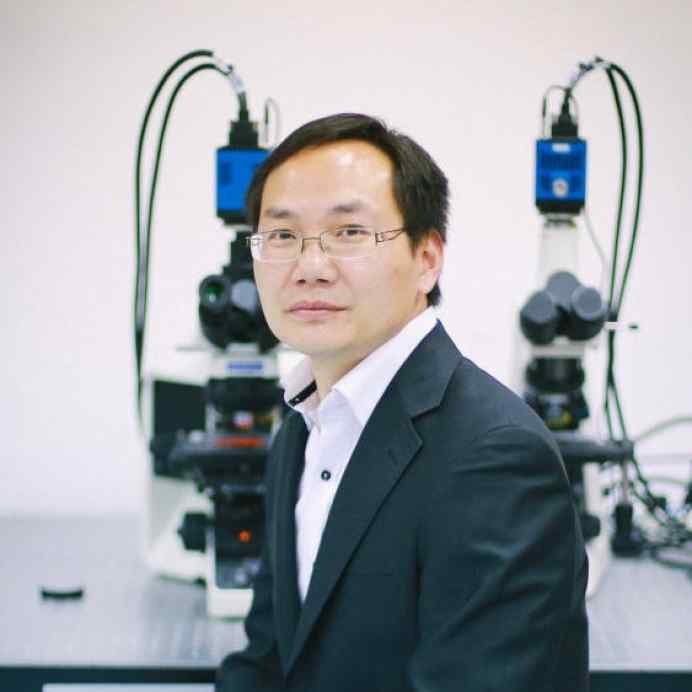
Quanxing LIU
Professor
In the pasted five years, Quan-Xing combine spatially explicit models, field experiments, GIS analysis and spatial statistics methods to understand the formation of spatial patterns in intertidal mussel beds. With these works, he has uncovered a new form of ecological self-organization, in which movement rather than spatial differentiation of growth drives the formation of patterns in mussel beds. Using the results of laboratory experiments, he has developed a series of theoretical models to unravel the ecosystem functioning of spatial self-organization patterns in terms of productivity and ecological resilience. His mainly works focused on interactions between ecological processes and their implications for ecosystem functioning. He use the multidisciplinary approach, combining theories and methods from varying fields such as ecology, mathematics, and physics. Hitherto, he has successfully applied them in various systems, yielding 30+ publications in international journals, including some leading journals like Nature Communications, PNAS, Physics of Life Review, Proc. Roy. Soc. B, American Naturalist, Journal of the Royal Society Interface, Physical Reviews E.
Research Interests
- Marine Ecology, Plankton bloom and biodiversity
- Spatial self-organization patterns in ecosystems
- Collective behavior of animals
- Numerical computations with CUDA (GPU) and spatial bifurcation analysis by AUTO-07p
- Spatial anlaysis with GIS
Academic Position
- Professor
Education Experience
- 2009.03-2013.03—Ph.D., Ecology, Royal Netherlands Institute for Sea Research (NIOZ)-Yerseke & University of Groningen, The Netherlands.
- 2006.08-2009.03—M.S, Mathematics, North University of China, Taiyuan, China.
- 2002.08-2006.06—B.S, Chemistry, North University of China, Taiyuan, China.
Work Experience
- 2015.01-present— Professor, State Key Laboratory of Estuarine and Coastal Research, East China Normal Univesity
- 2013.03-2015.01—Postdoctoral Investigator, Aquatic Microbiology, Institute for Biodiversity and Ecosystems Dynamics (IBED), University of Amsterdam, The Netherlands.
